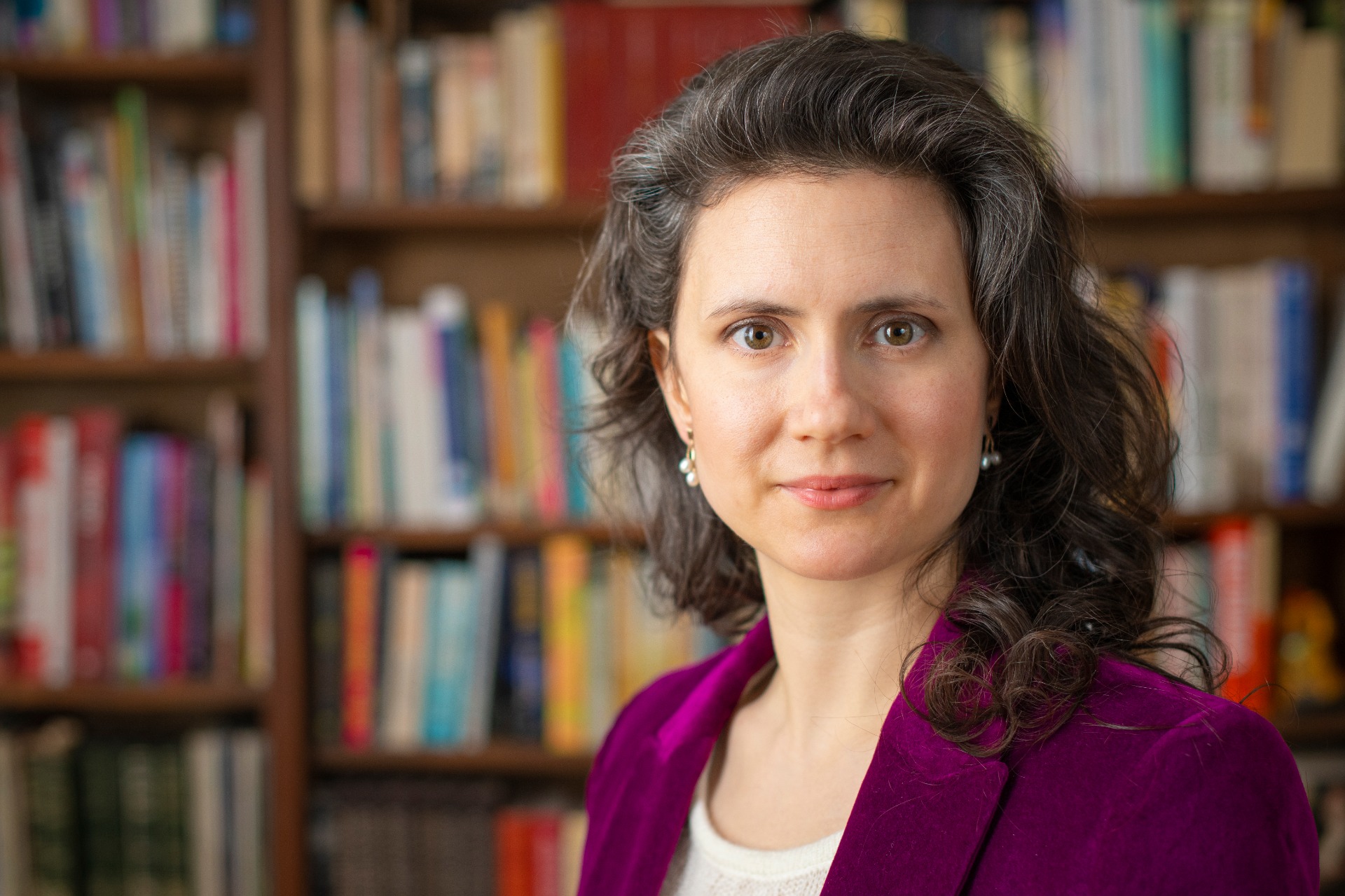
05 Mar Fair distribution of Covid-19 vaccines: Who is responsible?
The race to produce COVID-19 vaccines is well underway as they first began appearing on the market at the end of 2020. This accomplishment is the result of unprecedented public-private collaborations and significant investment of public funding in the private development of vaccines and therapeutics. Tensions on the daily news fuel the public debate about equitable global distribution and fair prioritization at the country level.
In order to learn more about the distribution of vaccines and global health law, we spoke with Katrina Perehudoff. Katrina Perehudoff is a postdoctoral research fellow in Global and European Health at the Law Centre for Health and Life at the University of Amsterdam and affiliated to AIGHD. Currently, she is focusing on the intersection of COVID-19 and legal norms.
What would fair global distribution of the Covid-19 vaccine look like? How can the law help achieve it?
Fair global distribution should be based on the shared values that 171 governments have already committed to in international human rights treaties. These are common values such as an agreement to collaborate and to prioritize care for the most vulnerable regardless of where they live.
At the same time, these responsibilities are also shared with ‘all members of society’ including pharmaceutical companies. Health and trade norms encounter tensions because getting vaccines to all, including the most vulnerable and those unable to pay, conflicts with a corporate mandate to maximize profits, which can lead to selling medicines to the highest bidder.
“The legal groundwork for cooperation and equitable vaccine distribution exists; the challenge is implementing it in the COVID-19 crisis. Although these duties are legally binding on our governments, they are difficult to enforce unless they are incorporated into national law. Another challenge is regulating pharmaceutical company behavior on the global market. That is the task of national authorities.”
Are pharmaceutical companies living up to their human rights responsibilities in the face of COVID-19?
In addition to her academic work, Katrina is active in human rights practice as an advisor to the Pharmaceutical Accountability Foundation (PAF) (Farma ter Verantwoording).
The Pharmaceutical Accountability Foundation (PAF) has recently issued a scorecard of 7 pharmaceutical companies that have developed vaccines and treatments for COVID-19. Companies are scored on their behavior related to transparency, international cooperation, and equity. The scorecard helps to highlight specific actions taken by companies in this crisis that respect the right to health, and where improvements are needed.
“One of the surprises in the COVID-19 crisis has been how quickly some pharmaceutical companies acknowledged that their proprietary rights will play a critical role in the global pandemic response and recovery. Moderna and CureVac have made statements about not enforcing intellectual property on vaccines during the pandemic. This suggests that some companies view the norm of access over profit as legitimate, at least in a global health crisis.”
How can company transparency help with better or fairer access to Covid-19 vaccines?
Transparency is an essential ingredient for good health governance. Transparency of the cost of vaccine research and development is key to negotiating fair vaccine prices, especially when government subsidies supported it, as is the case for several COVID-19 vaccines. Going back to PAF’s scorecard, only Pfizer (via BioNTech) has published the public subsidies it received during vaccine development and/or testing.
Once vaccine supplies arrive in a country, how can human rights help determine who should get them first?
“Many countries are grasping in the dark because they don’t have the capacity or systems in place to track and monitor which population groups are hardest hit by COVID-19. Data from the USA and the UK show that ethnic minority groups are not only more likely to contract COVID-19, but also to die from it. Often minority groups experience systemic discrimination and multiple vulnerabilities, such as poor housing conditions and unstable employment, which make them more vulnerable to illness.”
The current utilitarian approach to vaccine priority in many countries lacks COVID-19 data disaggregated by social factors, such as ethnicity, legal status, language, literacy, and/or income level. Several vaccine prioritization frameworks focus on older people and people with pre-existing medical conditions in order to prevent death and disease. “Prioritizing vaccine roll-out for medically vulnerable people with little consideration for socially vulnerable groups risks increasing the existing inequalities and injustices in society, running contrary to our governments’ human rights commitments.”
Together with a team of researchers, led by Dr Sharifah Sekalala (Warwick Law School), Katrina’s group proposes an ‘intersectional’ allocation scheme that considers both medical and social vulnerabilities (published this month in BMJ Global Health). The proposal introduces a human rights component into the existing allocation frameworks that are based on ethical and public health principles. “This way we can understand how different vulnerabilities and disadvantages affect a person’s health, and then allocate vaccines to people who are most affected.”
Implementing intersectoral allocation in practice requires good disaggregated data on which to base decisions. Decision-makers need to meaningfully involve people from marginalized communities in the decision-making process. Vaccination is a public health intervention, and so it requires an open public debate. This is what human rights look like in practice.
